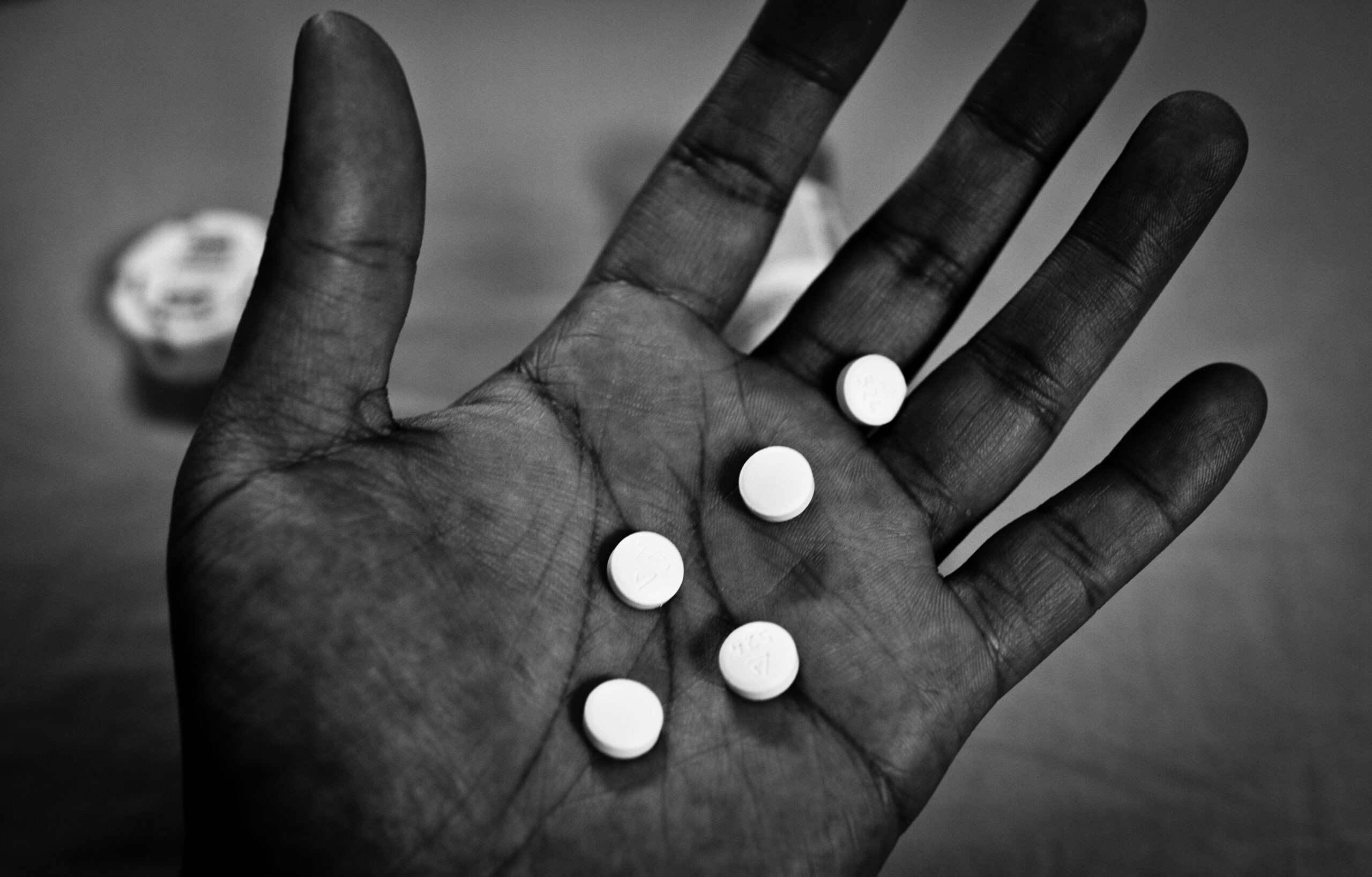
(September 3, 2021) Since 2004, Purdue Pharma, and its owners, the Sackler family, have been fighting lawsuits regarding their role in the opioid crisis. In 2019, as part of a bankruptcy filing, these lawsuits were assessed for a final settlement. Now, as of September 1, 2021, the terms of the settlements and bankruptcy filing are set. Purdue Pharma will be dissolved and will pay out $4.5 billion over 9 years.
In a twist that smells a little bit like Marie Antoinette’s perfume, the Sackers will also be forbidden from using their name in any charitable or artistic endowments – for nine years only. And all family members will henceforth be immune from further opioid-related persecution- a clause that the Sacklers have insisted be a part of any settlement. It appears that they got what they bargained for. Unsurprisingly, many people think it’s not enough.
The ‘opioid crisis’, a very general term, refers to the exploding popularity of prescription opioids across North America. In the decade between 1999 and 2019, 247 000 people died of opioid overdoses in the United States. Its ubiquity across many class levels of society means that it has become something of a canary in the coal mine for societal stress. As we have reported here, opioid addiction in Canada has soared since the beginning of the COVID-19 pandemic. () It is partially responsible for the extreme drop in life expectancy in the United States that has occurred over the last two decades, as documented in detail by Anne Case and Angus Deaton in their book Deaths of Despair and the Future of American Capitalism.
Internal memos show that Purdue Pharma knew about the street use and abuse of Oxycontin and related synthetic opioids as early as 1999. Yet over the course of more than 10 years, the chief lobbyist for Purdue Pharma coordinated the Pain Care Forum, a group that lobbied ‘high ranking health officials in the US federal government’ to overemphasize the risks of untreated serious pain and understate the dangers of opioid addiction.This work benefited pharmaceutical companies other than Purdue Pharma, contributing even further to an epidemic of addiction and death. Yet all members of the Sackler family who testified in the trial studiously avoided apologizing.
In many ways, the ruling on the Sacklers and Purdue Pharma represents much of what is maddening and unjust about the power of large corporations. After paying out large but ultimately inconsequential settlements, those who have profited off the pain of others can walk away with no personal cost, much of their fortune still intact in offshore accounts.
$4.5 billion dollars may like an ample amount of money for any project, but the extent of the opioid crisis needs more Dr. Joshua Sharfstein, a professor at the John Hopkins Bloomberg School of Public Health and has produced a set of priorities for widespread opioid recovery, was quoted in the New York Times saying “I don’t think anybody would say that justice has been done because there’s just so much harm that was caused, and so much money that has been retained by the company and by the family. . . But this is what the legal system is going to produce.”
In many ways, the ruling on the Sacklers and Purdue Pharma represents much of what is maddening and unjust about the power of large corporations. After paying out large but ultimately inconsequential settlements, those who have profited off the pain of others can walk away with no personal cost, much of their fortune still intact in offshore accounts.
Photo by Guian Bolisay.
Related reading and podcasts
Episode 7 – Covering the opioid crisis with Marcus Gee July 25, 2021
Opioid-related deaths spike during pandemic May 25, 2021